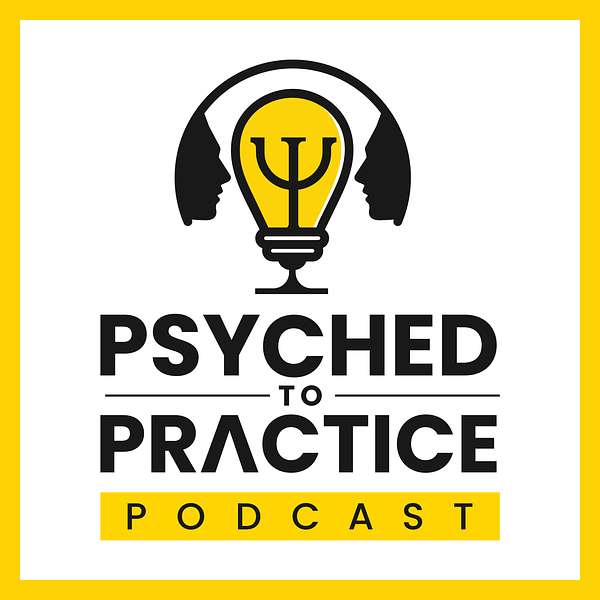
Psyched to Practice
Join us as your hosts, Dr. Ray Christner and Paul Wagner, as we explore the far reaches of mental health and share this experience with you. We’re going to cover a wide variety of topics in and related to the field, as well as having experts share their findings and their passion for mental health. We look forward to taking this adventure with you and hope we can get you Psyched!“ Be well, and stay psyched!”
Psyched to Practice
Practice in Action: Holiday Cheer or Jeer
It’s the most wonderful time of the year… or is it? The Psyched to Practice Podcast has its first holiday episode covering the joy they bring to some and pressure to others. Ray and Paul talk on the hard truths of the holidays: how they often carry unseen baggage for many of the clients we see and some valuable ways we can offer support. We hope you enjoy this Practice in Action episode, Holiday Cheer or Jeer.
Brightminds Ad
PAR Ad
To hear more and stay up to date with Paul Wagner, MS, LPC and Ray Christner, Psy.D., NCSP, ABPP visit our website at:
http://www.psychedtopractice.com
Please follow the link below to access all of our hosting sites.
https://www.buzzsprout.com/2007098/share
“Be well, and stay psyched"
#mentalhealth #podcast #psychology #psychedtopractice #counseling #socialwork #MentalHealthAwareness #ClinicalPractice #mentalhealth #podcast

